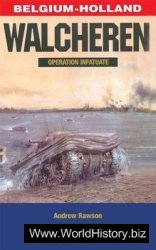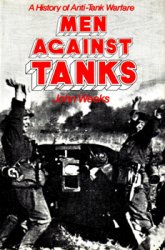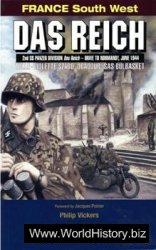One of the largest ethnic groups in the United States, Polish Americans became increasingly assimilated into American society during the period of the Great Depression and World War II. The depression had a particularly severe impact upon the predominantly working-class Pol-ish-American population, and the New Deal programs of President Franklin D. Roosevelt made them staunch supporters of the Democratic Party. During the war, the status of Poland deeply concerned them and affected their reaction to American eoreign policy.
Although there had been Poles in America since colonial times, the largest wave of immigration occurred in the 30 years before World War I, when nearly 3 million ethnic Poles emigrated from eastern Europe. Most settled near industrial cities in the industrial and mining states of the Northeast and upper Midwest, and they typically took low-income jobs in mining and manufacturing. Polish Americans tended to live in their own enclaves, where language, culture, community institutions, and a devout Catholicism maintained their ethnic identity and slowed assimilation. A number of Polish Jews also arrived during this period, but they experienced different geographic and economic patterns from those of the Catholic Polish population and generally identified themselves as Jews rather than as Poles.
World War I and the decade of the 1920s brought important developments for Polish Americans. The nation of Poland was reconstituted after the Versailles Treaty. Native-born individuals now often controlled the fraternal aid associations, and postwar prosperity enabled Polish Americans to begin leaving their initial urban neighborhoods. Polish Americans also had increasing political success; some won election to Congress, and many Poles enthusiastically supported the presidential candidacy of Catholic Democrat Al Smith.
The Great Depression hit Polish Americans particularly hard because so many were employed in the most heavily affected industries. The economic downturn overwhelmed the ability of self-help and fraternal aid associations to support the families of the unemployed workers, and threatened the traditional stability of Polish neighborhoods. In those ways and others, the depression probably hastened the assimilation of Polish Americans, who became a greater presence and force in the mainstream political and labor activities. Voting overwhelmingly for Roosevelt and the New Deal, Polish Americans proved to be an important component in the coalition of urban and southern voters that made the Democratic Party the nation’s new majority party in the 1930s. Polish Americans were also active in the burgeoning of the labor movement. Historically involved in union activity, they accounted for a large portion of the growing membership of the unions in such blue-collar industries as steel, mining, and automobiles that played a crucial role in the emergence of the Congress oe Industrial Organizations.
Polish Americans supported the Allied cause from the beginning of World War II in September 1939, when Poland fell to Nazi Germany. They supported the Lend-Lease Act helping Britain and voted in even larger numbers than in 1936 for Roosevelt in the election oe 1940 because of his anti-Axis interventionism as well as his domestic reform. An estimated 1 million Polish Americans or more joined the military. The war accelerated their assimilation as many Polish Americans mixed with other Americans in the armed forces and as workers in war industries, and they made impressive contributions to the war effort.
For Polish Americans, the fate of Poland was of crucial importance, especially regarding issues concerning the nation’s postwar borders, the independence of its government, and its domination by the Soviet Union. Although their political support for FDR waned only slightly, many were critical of his actions at the Yalta Coneerence in 1945, where Roosevelt, keenly aware of the political clout of millions of Polish Americans, had tried unsuccessfully to ensure the independence of Poland. The end of the war also saw a growth of a pervasive anticommunist attitude among Polish Americans due to the actions of the USSR in Eastern Europe. This attitude was reinforced by the postwar arrival of thousands of refugees from Communist-dominated Poland, many of whom later came to have a large influence in Polish-American associations.
See also politics in the Roosevelt era.
Further reading: John J. Bukowczyk, And My Children Did Not Know Me: A History of the Polish-Americans (Bloomington: Indiana University Press, 1987); Stephan Thernstrom, ed., Harvard Encyclopedia of American Ethnic Groups (Cambridge, Mass.: Belknap Press of Harvard University Press, 1980).
—Robert J. Hanyok




 World History
World History









